SG71: CASTLEBEAT - Stereo [LP]

CASTLEBEAT, the lo-fi project of California-based musician Josh Hwang, has always prioritized the beauty and importance of conveying experience. For that is precisely what CASTLEBEAT specializes in when it comes to the genre: composing and delivering a sense of emotive, immersive experience, or, the attempt to deliver the incomparable feeling that comes with successfully losing yourself in the sonic space of rumination. Listening to CASTLEBEAT, in that sense, is anything but passive, and Hwang ensures this by perfecting the details of every single expanse he creates.
Written, recorded, and produced by Hwang, CASTLEBEAT’s compositions have always paid substantial attention to the subtle, profound intimacies of diy and lo production. Hwang’s style is one that is passionately and unapologetically built on the near-mystical adherence of contradictions — at once soft and textured, bright and shadowy, hazy and jagged — and Hwang eortlessly pulls from multiple genres like chillwave, shoegaze, and jangle pop, resulting in a sound that rests midway between the blissfully cinematic and the candidly real. Apart from his impeccable use of synth and his calm, direct vocals, Hwang’s skill truly lies in his production, namely, his stunning ability to conceive of, layer, and construct such cohesive soundscapes for each and every track he releases. And Stereo, Hwang’s most recent LP, is no exception.
In fact, Stereo is perhaps Hwang’s most evocative, nostalgic, and flawless release yet, practically bursting at the seams with meticulously designed compositions spanning multiple genres and subgenres. Ebullient tracks like “Honest” and “Birthday” capture the happy-go-lucky nature of bubblegum dream pop; the fuzzy, atmospheric “Tom’s Place” and the hazy, faintly glimmering swaths within “Potion” are reminiscent of 90s shoegaze; the charming eects in “Something Else” and “Moonlight,” delightfully gesture towards 80s new wave. The synth in the slower tracks, like in the moody, murky “Old Flame” and the psychedelia-tinged “Too Late,” are patient, yet direct, focused on portraying the subtleties of experience in a way that unquestionably renders them profound. It is in that exact sense, in fact, that the closer and title track is so effective, ultimately solidifying the cohesiveness of Stereo; Earnest and true, the track absolutely gestures to the pain of the past and to the optimism of the future; but, more than anything, it displays a reverence for the quotidian, a love for the everyday moments that will, one day, turn into memory.
Similar to his previous album Half Life, the stunning tracks within Stereo oscillate between infatuation and resignation, between self-doubt and self-awareness, between chasing time and running far away from it. And yet, in Stereo, there is more of a conscious, deliberate turning away from anything resembling naivety or sentimentality; rather, there is a remarkable aura of stoicism that, ironically, works to amplify the emotions within the album to new heights. It is true that nostalgia has perpetually been a focal point within the lo-fi genre, and it is very much a motif within CASTLEBEAT; but here, rather than the mere attempt to convey a warm, fuzzy feeling, Hwang instead successfully recreates, with thoughtful intention, the half-painful, half-pleasant immediacy that comes with the sudden pang of memory, or, of the instant realization that life, is, after all, an assemblage of experience.
- Written by Paria of Kid With A Vinyl

SG71: CASTLEBEAT - Stereo [LP]
